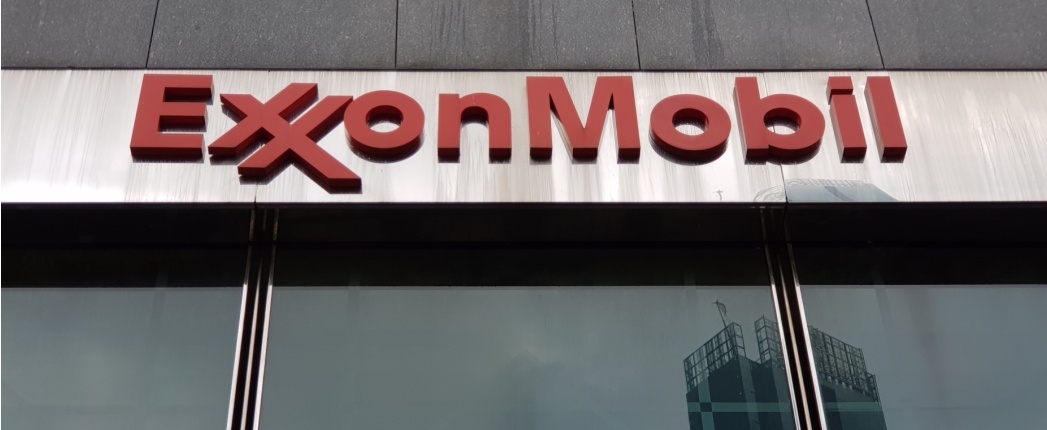
The status of base oil production at ExxonMobil’s refinery in Port-Jerome-sur-Seine, France, was unclear after a broke out at the site yesterday afternoon.
One individual remained hospitalized, by the blaze, which occurred in a crude distillation unit. The company offered no further details on the individual’s condition. Three other people were released after being treated.
The refinery includes a base oil plant with capacity to make 548,000 metric tons per year of API Group I oils and 150,000 t/y of Group II oils, making it the third-largest base oil plant on the continent.
The refinery has two distillation units, which divide crude into various cuts of feedstock that are processed into the range of products made at the refinery, including base oils. The company did not say if the unit where the fire occurred supplies feedstock for the base oil plant.
An ExxonMobil spokesman said today that plant personnel have not yet assessed damage of the unit in question. He did not know if the base oil plant or distillation unit were operating.
The fire began at 3:25 p.m. Monday, according to ExxonMobil, but officials said the cause has not been determined. The fire was extinguished and the site was under control by 4 a.m. Tuesday.
The accident could amplify a developing tightening of the Group I market in Europe. The Port-Jerome plant is region’s third-largest Group I source after Sonatrach’s 782,000 t/y Group I plant in Augusta, Italy, and an Eni plant in Livorno, Italy, with capacity to make 600,000 t/y of Group I and 35,000 t/y of Group II.
Eni is in the process of closing its base oil plant as it converts the overall refinery to make biobased fuels. That decision had already triggered speculation that Europe, long a large net exporter of Group I oils, could become a net importer of the category. A number of traders are reportedly now exploring the possibility of shipping Group I from the United States, which also has a surplus of those oils.